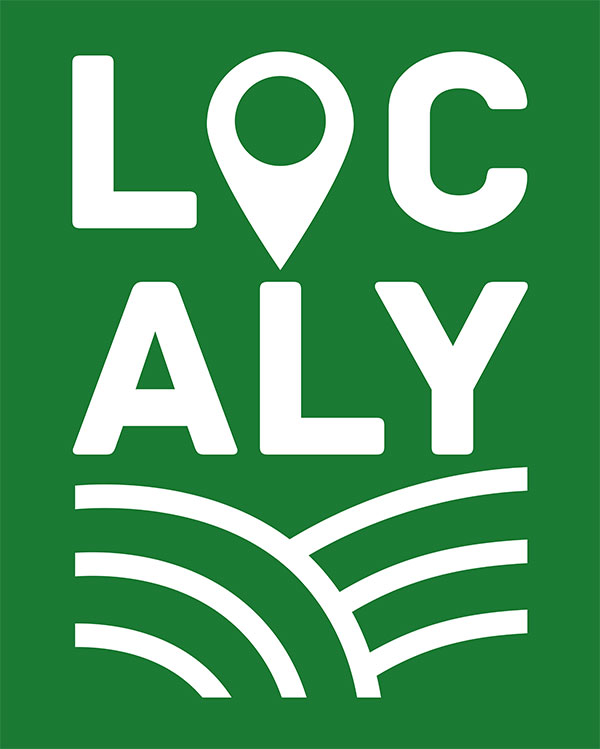Article by Stella Saratsi, from Goethe-Institut Athen / image: Goethe-Institut, Athen
Image above: Young refugee girls at the Museum of Contemporary Art in Athens, in the context of their community-based environmental action ‘Project Ecofeminism’, December 2024
There is no remaining doubt currently that our communities, ourselves and our world are facing huge challenges, amongst which, the climate crisis. While most of these challenges are not caused by the youth, they have been left to the youth to deal with. At the same time, there is a key demographic. The world today is hosting the largest generation of young people in its history, namely 1.2 billion, if we count as youth the 15- to 24-year-olds, and, 1.8 billion, if we include in the youth those between 10 to 15 years old. In addition, approximately 90 per cent of the world’s youth are residing in developing countries, being intensively exposed to current challenges, and being expected to highly increase their percentage.
Given the above, the way in which older generations through societal structures, as well as policy and decision making processes respond to the shifting demographics, and the ways in which these young people will be supported by all the aforementioned entities to navigate their transition into adulthood, will play a significantly critical role in the progress of humankind and the planet. Youngsters, both in urban and rural contexts, connected to each other like never before through digital technologies, are already contributing to the resilience of our world, are proposing innovative solutions, and are striving to inspire and drive social change.
As a conclusion, the largest young population in this world in its history is already looking ahead and is ready for change. So, it is for the previous generations, still holding the positions of power and decision-making, to act accountably, create for the young people those types of contexts and equip them with tools as such, which will empower and enable them to take the actions they are striving for.
Towards this direction, advocacy can bring for the young people an empowering context, concrete acquisition of knowledge and the necessary space for constructive and consistent action to achieve desired results. But what do we mean with advocacy? Advocacy is an umbrella term. It is very wide and has diverse applications. Each time it is shaped by the context within which it manifests itself. The term refers to a strong support of a person or a cause. It is a process, not an activity. It must be based on an analysis done strategically and in a coordinated way.
Advocacy, you can do it alone or with others. An advocate can be a group of people, an organization, or an individual. An advocate is calling for change or improvement, either for parts of the community, or the community as a whole. Advocates are acting in favour of a cause which they believe is just and right. In other words, advocacy means influencing policies and practices through the implementation of evidence-based strategies to ultimately bring positive change. It is all about having your voice heard and changing the world.
Youth-led advocacy is about supporting children and young people to speak up and helping them actively take part in the decisions that affect their lives. Young people around the world have the right to speak out and be heard on matters that affect them, and they have an important role to play in campaigning to create change. Their voice matters and one way to make their voice heard is through the process of advocacy. In the context of work with youngsters, advocacy is about figuring out what needs to change and deciding on a plan to get there, while understanding who has the power to make the change, and how young people can convince those who hold the power to bring desired change forward.
To sum up, research and observations from the youth work field show that young people are very heavily concerned about the climate crisis. At the same time, they really desire to act against it, create change and have impact, while big part of their frustration and disappointment emerges from lack of action. As they follow the natural evolution steps, turning their back to the older generations and their eyes towards the future, they need to be brave enough to take ambitious steps and remember that what looks like the status quo today might not count the same tomorrow. They need to stay strong, be patient, and remember they are not alone, and know that they are part of an amazing generation of young people around the world, ready to lead. And we, youth workers, belonging to even slightly older generations, need to be there, to support and empower, and teach them that advocacy is a continuum –just when they think they are done, they might find themselves right back at a new beginning. We need to be present and attentive and remind them that along their journey they will get to see wonderful changes happen because of their efforts, but they need to remember that growth is a process, and it takes time.


